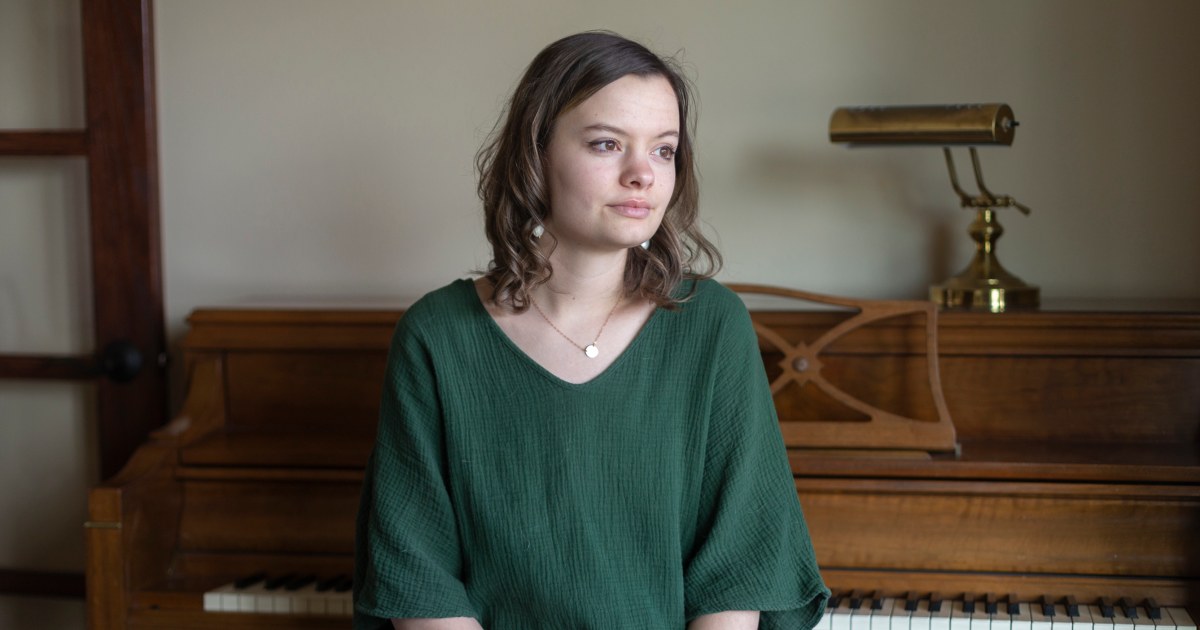- Joined
- Mar 27, 2022
- Messages
- 2,381
- Reaction score
- 2,028
- Gender
- Undisclosed
- Political Leaning
- Undisclosed
She told her Christian college she was raped. Then she was banned from campus.
A new federal complaint says Visible Music College gave a student a choice: admit to breaking the school's ban on premarital sex or be expelled.
She told her Christian college she was raped. Then she was banned from campus.
A new federal complaint says Visible Music College gave a student a choice: admit to breaking the school's ban on premarital sex or be expelled.
When Mara Louk told an administrator at Visible Music College, where she was a senior, that a male classmate had choked and raped her last November, she expected that school officials would help her file a police report and arrange a safety plan.
Instead, she said in a federal complaint filed with the U.S. Department of Education on Wednesday, administrators at Visible, a Christian college in Memphis, Tennessee, accused her of breaking school rules against premarital sex with a different student, an ex-boyfriend. She denied having sex with him but said the school threatened to expel her unless she signed a confession and finished the school year remotely.
Visible Music College administrators also told her they would not remove the accused student from her classes because police didn’t arrest him, nor would they conduct a Title IX investigation, because the alleged assault happened off campus. And administrators attempted to bar Louk from telling anyone else at the school that she had been raped, she said.
“I just felt like, why did I even speak up?” Louk, 22, said. “That’s truly how I felt for a long time because everything seemed to keep getting worse.”
Louk’s complaint asks the Department of Education to conduct two investigations of Visible Music College. One would evaluate whether the school violated the Clery Act, a federal campus safety law that requires colleges to advise students who report a sexual offense of their rights and assistance options. The other would examine whether the school discriminated against Louk under the gender equity law Title IX.
“Visible has retaliated against Mara in numerous ways,” Louk’s complaint says. “Instead of investigating the rape and providing support to Mara, Visible punished Mara for coming forward.”
Cari Simon, Louk’s attorney, added, “Any victim would be discouraged from coming forward after that.”
The college declined to respond to allegations raised in the complaint. Ken Steorts, Visible’s president, said the school cannot comment on student matters, and had not seen a copy of the complaint, but, “Visible will cooperate with any investigation of the allegations made in the complaint.”
The Department of Education said it could not comment on pending complaints.
Louk’s complaint comes as the Education Department prepares to unveil a new set of proposed Title IX regulations next month. The regulations are expected to significantly alter many of the Trump-era Title IX policies that were opposed by victims’ rights advocates, civil rights groups, university administrators and trade groups representing K-12 schools.
Victims’ advocates particularly want the Biden administration to overturn a provision that instructs colleges to dismiss Title IX complaints of alleged sexual misconduct that occur off campus. Advocates note that this excludes assaults in students’ apartments and fails to address the impact on victims who share classes and other activities with their assailant.
Many colleges have found ways to investigate off-campus assaults through other student conduct policies, but “there are some that have clung very devoutly to this notion that it’s not my problem, because the regulations allow us to say it’s not my problem,” said Jody Shipper, a consultant who previously oversaw the University of California system’s compliance with laws regulating its handling of sexual misconduct.
snip
